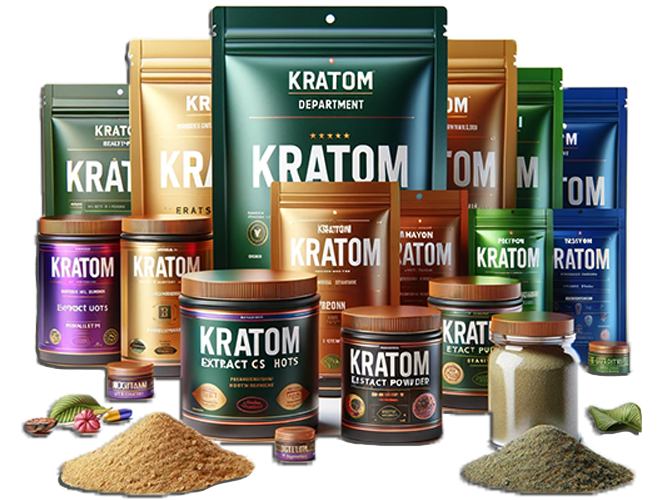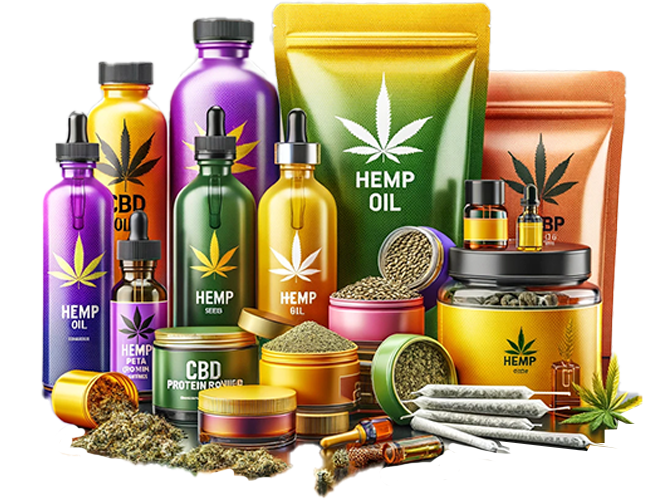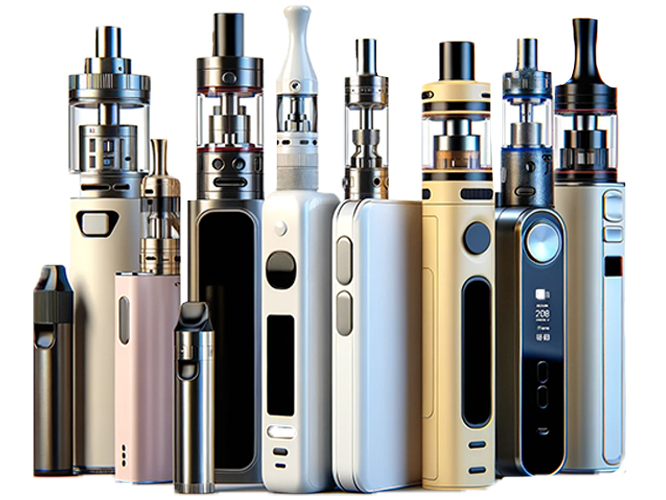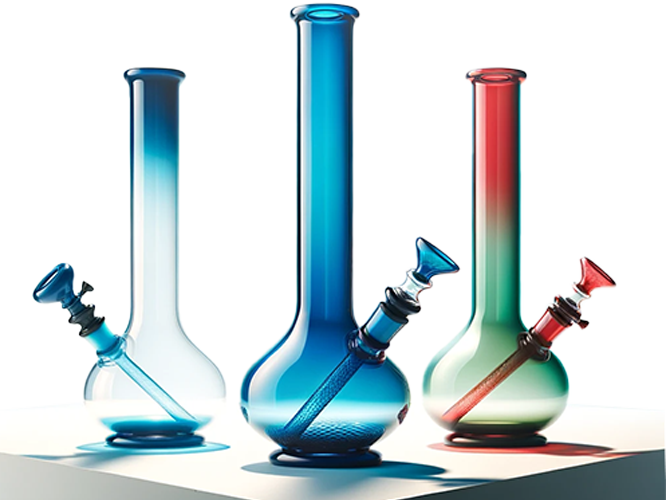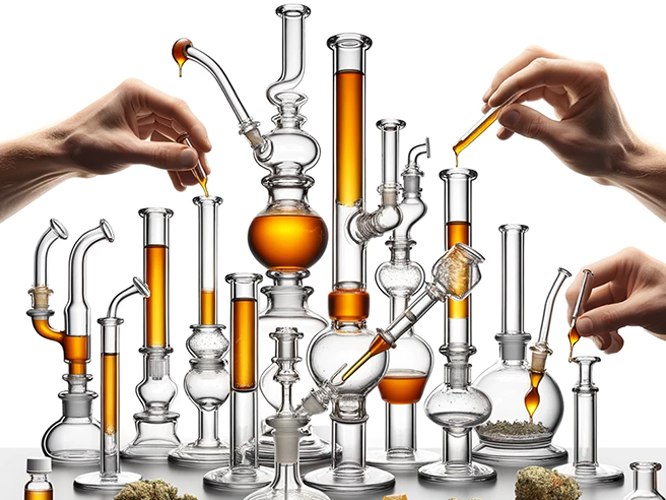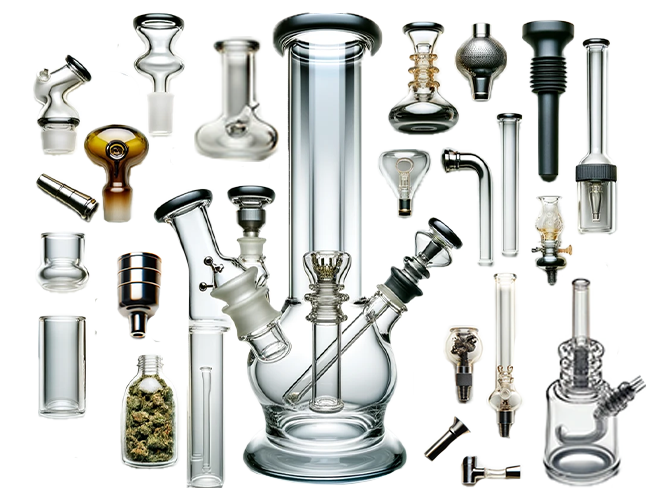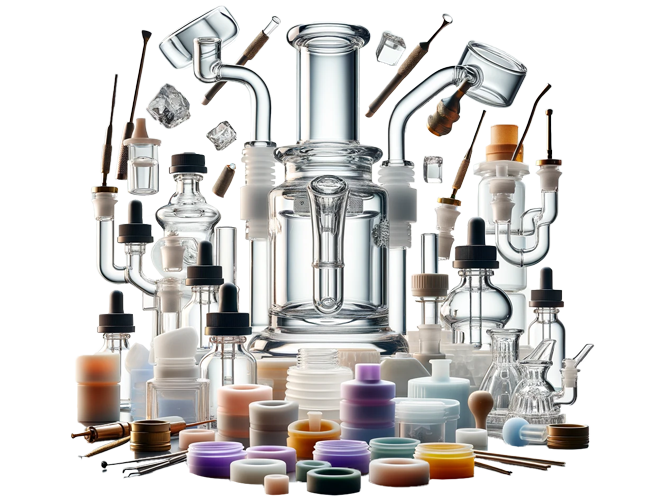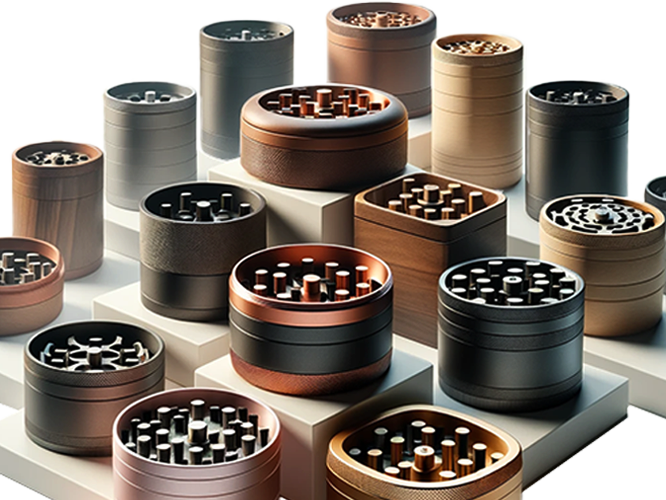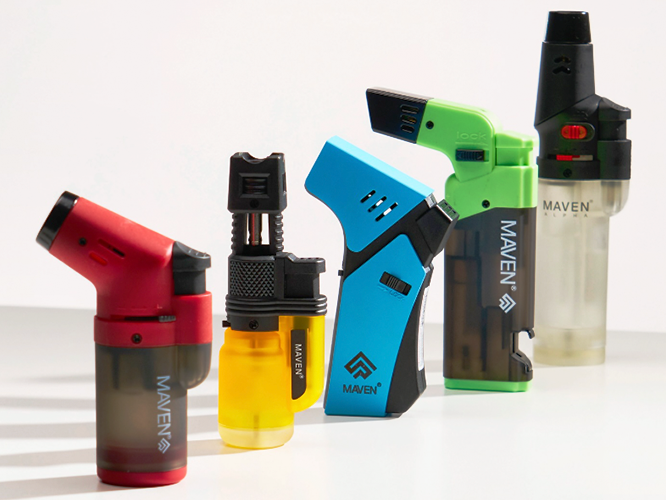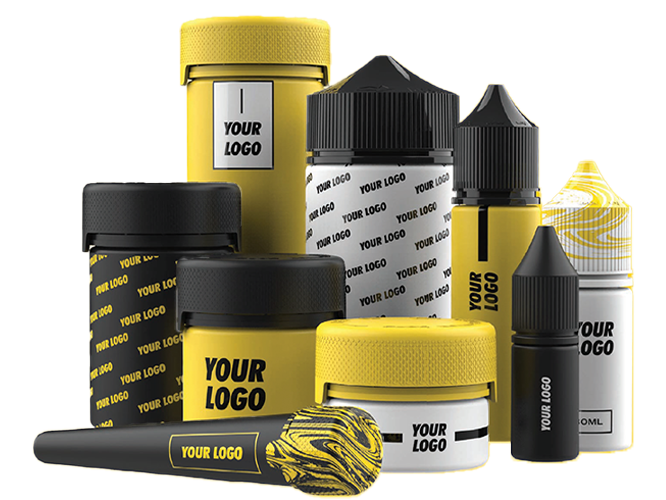Shop Bulk Hemp
Explore hemp's use, benefits, and legal status, which are versatile and sustainable resources.
What is Hemp?
Hemp is a variety of the Cannabis sativa plant grown primarily for industrial purposes. Unlike marijuana, hemp contains 0.3% or less THC, the compound responsible for the psychoactive effects associated with cannabis. Hemp has been cultivated for thousands of years and is used for its fibers, seeds, and oils.
THCa Hemp
THCa, or tetrahydrocannabinolic acid, is a non-psychoactive cannabinoid found in raw cannabis and hemp. When heated, THCa converts into THC, the psychoactive component. Hemp-derived THCa products are legal in many regions because they originate from hemp strains with minimal THC levels.
Legality
Under the 2018 Farm Bill, hemp and its derivatives are federally legal if they contain less than 0.3% THC. However, the legal status of THCa can vary by state due to its potential conversion into THC upon heating.
Hemp Products
- Hemp Seeds: Rich in protein, omega-3 and omega-6 fatty acids, and fiber. Used in food products like hemp milk and protein powder.
- Hemp Oil: Extracted from seeds, used as a cooking oil, and in skincare products due to its high vitamin E content.
- Hemp Fiber: Used in textiles, clothing, and paper due to its durability and sustainability.
Benefits of Hemp
- Nutritional: Hemp seeds provide complete protein and essential fatty acids that support heart health and reduce inflammation.
- Industrial: Hemp grows quickly and sustainably, making it ideal for eco-friendly products like biodegradable plastics.
Hemp vs. Marijuana
| Aspect | Hemp | Marijuana |
|---|---|---|
| THC Content | ≤ 0.3% | > 0.3% |
| Use | Industrial (fiber, seeds, oil) | Recreational/medicinal (psychoactive use) |
| Legal Status | Federally legal under the 2018 Farm Bill | Varies by state; federally illegal hemp plants contain higher CBD levels compared to marijuana plants, which have more THC. This distinction influences their legal status and uses. |
Lab Testing for Hemp Products
Lab testing for hemp ensures product safety and compliance with legal standards. Tests assess cannabinoid content, terpene profiles, and contaminants like pesticides and heavy metals. Accredited labs follow standardized procedures to ensure reliable results, which are crucial for consumer safety and regulatory compliance.
Sustainability and Innovation
The sustainable cultivation of hemp makes it an environmentally friendly choice for industries seeking to reduce carbon footprints. Its rapid growth cycle allows for multiple harvests annually without depleting soil nutrients.
The versatility of hemp extends beyond traditional uses; it is now being explored in innovative sectors such as construction (hempcrete) and biofuels, showcasing its potential as a renewable resource.

